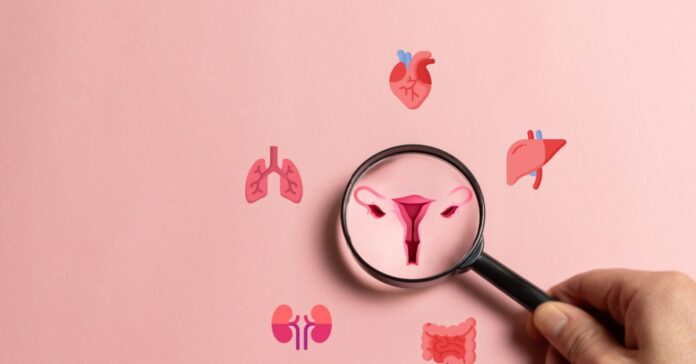
For decades now, women have had to worry about going through “the change,” or menopause. A condition that often doesn’t start presenting itself until a woman is 45 to 55 years old, it signifies the end of their reproductive cycle. While this means the end of their menstrual cycle, it also means a myriad of health problems as their hormones become out of balance. For roughly 1% of women, this change comes before they reach the age of 40.
A long-term Finnish study of early menopause was presented at the 26th European Congress of Endocrinology in Stockholm. Focusing on the mortality connected with early menopause, researchers discovered that regular medical checkups and appropriate hormone replacement therapy (HRT) for these women can make a life-extending difference.
So far, no natural causation for early menopause has been found, but medical treatments, like going through chemotherapy, can bring it on. Removal of the ovaries due to cysts or other medical problems will also induce early menopause. Sadly, HRT isn’t prescribed early enough, so women are not getting the drugs they need to prevent issues.
Researchers from the University of Oulu and Oulu University Hospital examined 5,817 women who had received a diagnosis of spontaneous or surgical premature ovarian insufficiency (POI). Using data from 1988 to 2017, researchers had a sizable pool of information. Balancing this with data from 22,859 women without POI, they discovered the shocking truth. Women with POI were twice as likely to die from heart disease or any cause overall. They were also four times as likely to die from cancer.
Fortunately, those who received HRT found their overall risk of death or cancer was cut in half using HRT.
This study correlated with others on the subject, but this is also the biggest study on the subject to date. The 30 years of follow-up also make it one of the most in-depth studies too. A look into both the surgical and spontaneous causes of early menopause hadn’t been done this way, and it produced some significant results. Proving that early menopause doesn’t need to be a death sentence should provide many with some relief – especially those who make sure they follow up with their doctors regularly.







